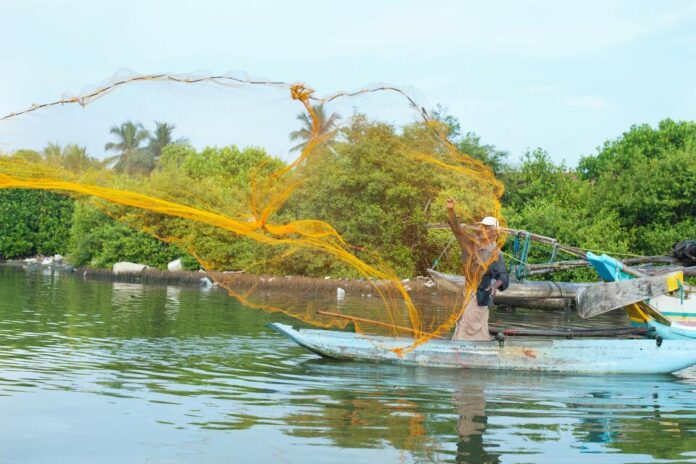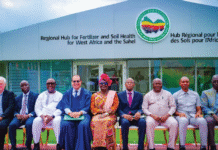A groundbreaking study published in Nature Food has called for a significant overhaul of agroecological principles to better integrate water systems and aquatic foods, highlighting their critical role in achieving sustainable and equitable food systems.
Agroecology, traditionally focused on land-based agriculture, has often overlooked the importance of aquatic ecosystems and the foods they provide. The study, led by researchers including Sarah Freed and Fergus Sinclair, reveals that key resources such as water and aquatic foods remain largely absent in both high-level discourse and investments related to agroecology.
The researchers reviewed the 13 agroecological principles proposed by the UN High Level Panel of Experts on Food Security and Nutrition (HLPE), endorsed by the Committee on World Food Security (CFS), alongside academic literature and widely used monitoring frameworks. They found that these principles and the literature rarely reference water or aquatic foods, and that four key frameworks used in agroecology evaluations mostly focus on land-based systems, missing critical aquatic dimensions.
To address these gaps, the study proposes revised wording for six of the 13 HLPE agroecological principles to explicitly include water, aquatic foods, aquatic and marine environments, and non-farming food producers such as fishers and foragers. The authors argue that integrating water and aquatic foods into agroecology can accelerate progress toward sustainable food systems, particularly in the face of climate change, biodiversity loss, and food insecurity.
The study recommends three cross-sectoral actions to advance food system transformation:
- Explicitly recognize the contributions of water and aquatic foods in agroecological principles and practice.
- Adopt a landscape approach that includes land-to-seascape connectivity, essential for resilient, inclusive food systems.
- Develop frameworks assessing agroecological performance that include aquatic ecosystems, downstream water impacts, and aquatic biodiversity.
In Kenya, the Alliance of Bioversity International and CIAT has been actively promoting agroecological practices through various initiatives. Their work includes supporting climate-smart agriculture, preserving agrobiodiversity, and empowering farmers with digital tools. These efforts aim to create resilient and sustainable agricultural systems that can withstand climate-related challenges while benefiting local communities and the environment.
The integration of water and aquatic foods into agroecological principles is particularly relevant for regions like Kenya, where agriculture is a key economic sector and communities are vulnerable to climate change impacts. By adopting a more holistic approach that encompasses both terrestrial and aquatic ecosystems, agroecology can better address the complex challenges of food security, nutrition, and environmental sustainability.
As the global community seeks to transform food systems to be more sustainable and equitable, the inclusion of water and aquatic foods in agroecological frameworks represents a critical step forward. This study underscores the need for interdisciplinary collaboration and policy innovation to ensure that all components of the food system are considered in the pursuit of a healthier planet and population.









